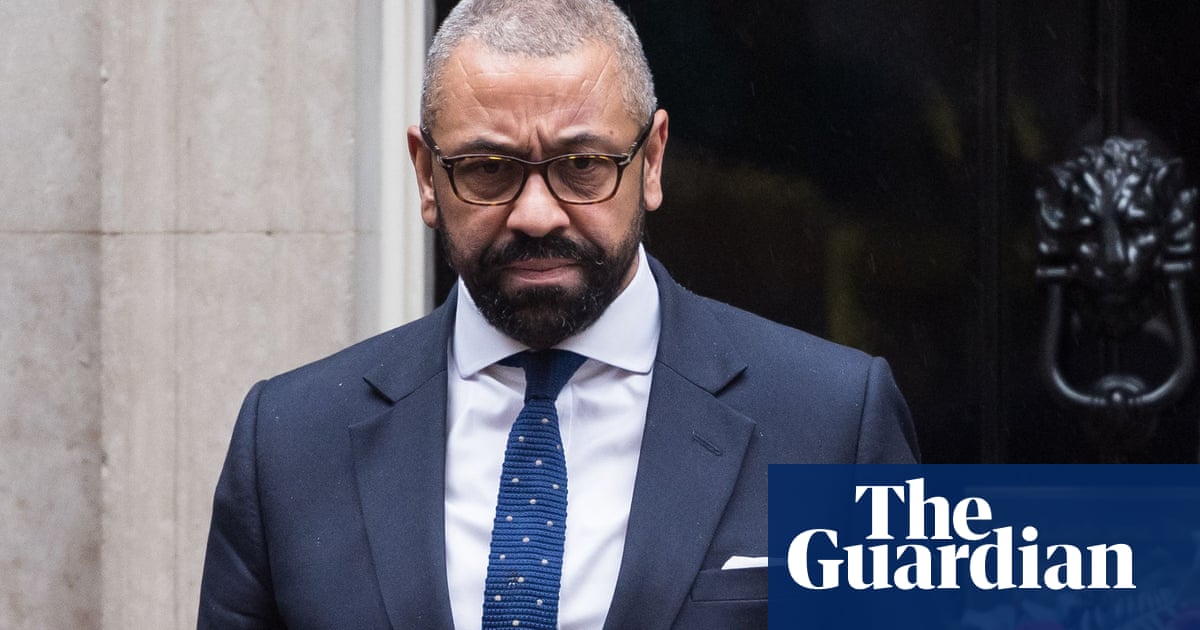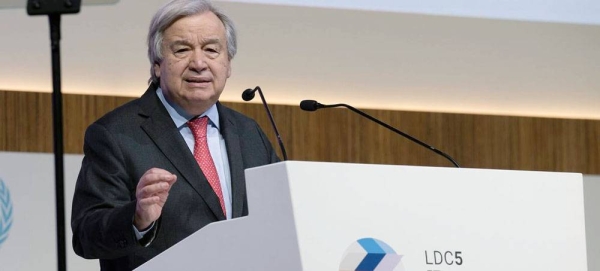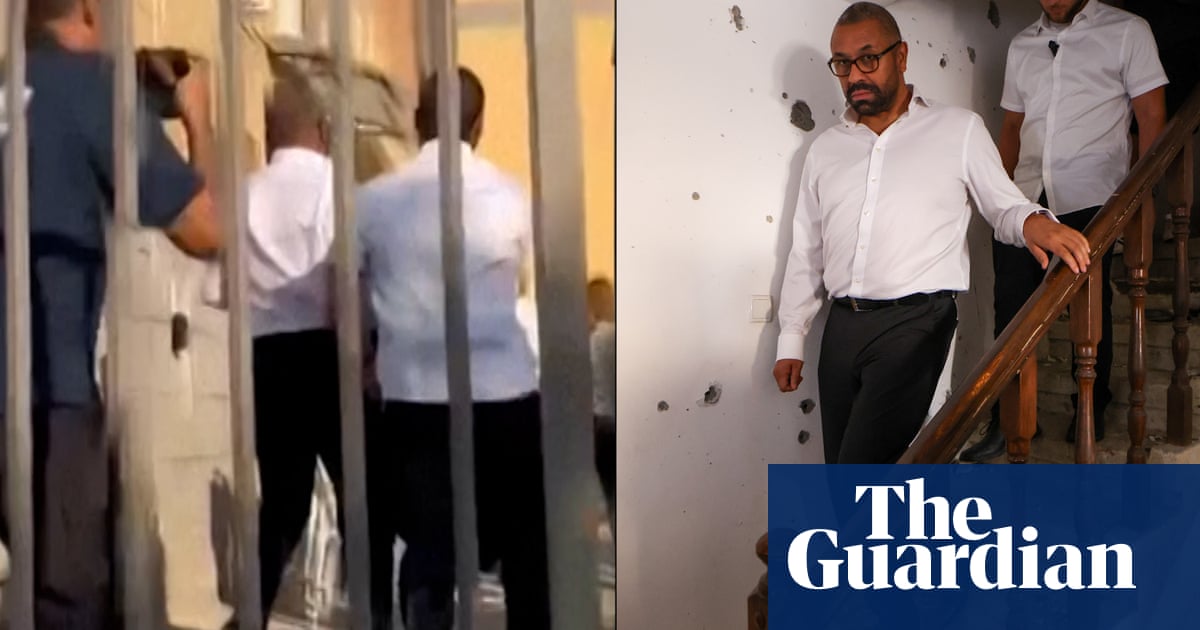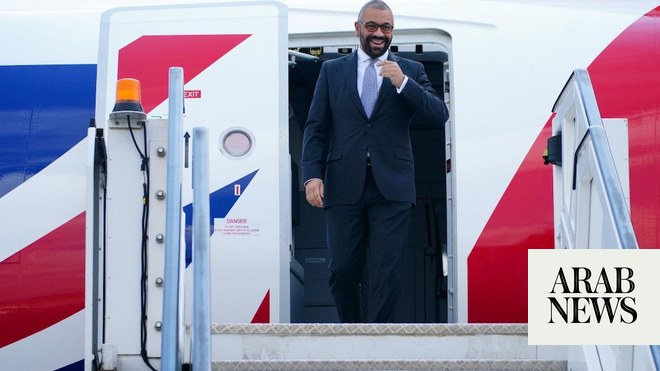
Countries must work together to deprive terrorists of funding in order to prevent deadly attacks, the UK foreign secretary, James Cleverly, has said.
Cleverly is in India for a two-day meeting of the UN security council’s counter-terrorism committee, which is being held in Mumbai and Delhi.
Delegates are discussing how countries can prevent terrorists’ online financing, global recruitment campaigns, livestreaming of attacks and the threats posed by unmanned aerial systems.
At a sombre ceremony at the Taj Palace hotel in Mumbai on Friday to honour the 166 people killed in a coordinated series of terror attacks in the city in 2008, Cleverly, on his first trip abroad since being appointed, laid a wreath at the memorial site and observed a minute’s silence.
“This morning reminds us of the human cost and global impact of terrorism. It reminds us why we must remain united and steadfast in our efforts to defeat it,” he said.
“Among [those killed] were three British nationals and on behalf of His Majesty’s government, I honour and remember them today.”
“We know that depriving terrorists of funds to carry out such attacks, funds to maintain their network and funds to recruit new members is one of the most effective tools against them.”
Later on Saturday, Cleverly will meet his Indian counterpart, Subrahmanyam Jaishankar, who told the conference that the internet and social media had become “potent instruments in the toolkit of terrorists and militant groups” for spreading propaganda and radicalisation.
The pair will also discuss progress towards a trade deal between the two countries and the last-minute issues that require attention.
The former UK prime minister Liz Truss had hoped to wrap up the negotiations by Diwali but they were derailed by the then home secretary Suella Braverman, who said she had reservations about the deal because it could increase immigration to the UK.
Delhi wants more Indians to be allowed to migrate to the UK for work and studies, and did not like Braverman saying that they were the largest group of UK visa overstayers. The Indian high commission called her remarks “inappropriate”.
Navdeep Suri, a former diplomat and distinguished fellow at the Observer Research Foundation in Delhi, said the immigration controversy was more “a function of domestic politics than of UK foreign policy” and that he did not think it would be an insuperable problem.
“However, that said, although I am not privy to the inner workings of these negotiations, I do know that more visas are a critical demand of India’s and have been from the very start,” he said.












